Priorities – how to get them straight_#G2A Work Hack


Pareto’s Way of the World
There is a nifty little idea called the Pareto principle (AKA the 80/20 rule). What is it? It’s essentially an observation – not a law, mind you – that 20% of the input creates 80% of the results. Originally, it was the rule’s namesake, Vilfredo Pareto, who noticed that roughly 80% of Italy’s land is controlled by 20% of the country’s population.
Applied to different disciplines, this can mean various things:
- 20% of the customers create 80% of the revenue
- 20% of the bugs cause 80% of the crashes
- 20% of the features cause 80% of the usage
- Etc., etc.
Obviously, this is a rough estimate and the numbers don’t have to add up. The point is that most things are not distributed evenly in life, so find that critical 20% that yields the most results and give it proper attention.
Warren Buffet: It Takes Three to Priori-tango
Now, how do you decide what’s the most important stuff? This is where Warren Buffett, one of the world’s wealthiest men, comes in with his famous three steps. What’s the scoop here? Buffett’s pilot, Mike Flint, was talking to his boss about his career priorities. Warren asked him to do three simple things.
Step 1: Write down 25 top career goals or stuff that you need to complete, say, this month (anything goes, really).
Step 2: Review your list and choose 5 most important items.
Step 3: Now you have two lists. List A is the five crucial things that you have to work on. The rest of them, List B – just a whole bunch of distractions. If possible, disregard them completely.
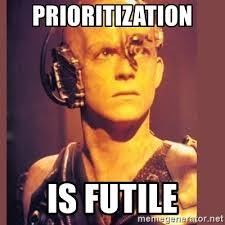
Now, it doesn’t mean that you shouldn’t do your tasks – of course you should, but if you can’t handle every single one of them, choose the most important ones and relegate the rest to others than can take care of them instead.
The point is to choose what matters to you the most and focus on that. For example, if you want to master Web analysis, do all the tasks related to that topic. Want to become a marketing communication expert? Do not focus on content and YouTube stuff. You can’t develop in every field, so choose your specialization wisely.
Keller & Papasan: …or Actually Just One
If jotting down five or more important items seems a bit too much, there’s even a simpler alternative: you can actually choose that one super important thing and give it your full attention!
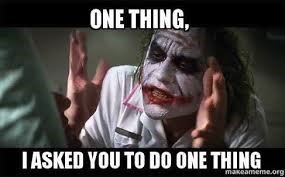
Here’s a very good read on that concept:
“The ONE Thing” by Gary Keller & Jay Papasan
The blurb says:
No matter how success is measured, personal or professional, only the ability to dismiss distractions and concentrate on your ONE Thing stands between you and your goals. The ONE Thing is about getting extraordinary results in every situation.
According to the authors, it all boils down to nailing down that ONE specific thing that you need to focus on. And sticking to just that, for if you chase two rabbits, you will not catch either one.
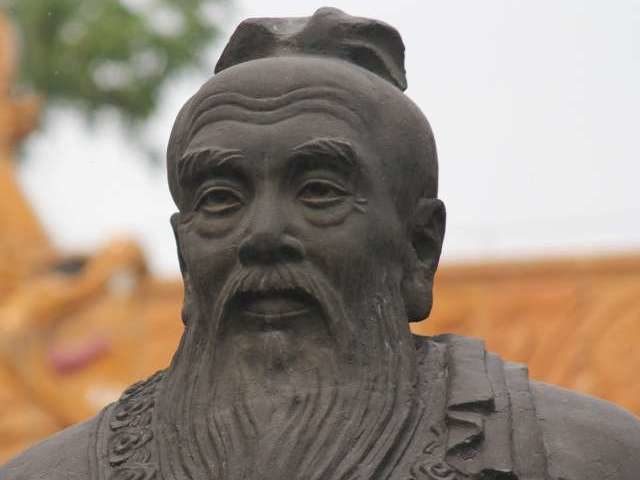 Essentially, focus on that one single task and remember:
Essentially, focus on that one single task and remember:
- Think of it as a domino effect. You need to properly push that one little piece to topple others. This means success comes through doing that ONE thing right.
- Multitasking is a scam. You can’t possibly focus on a million different things and expect you’ll handle any of these properly. Also, it damages your brain. Seriously, it’s that bad.
- It takes 66 days on average (and a pinch of discipline) to form a habit. Powerful, successful habits will turn you into a powerful, successful person.
- Productivity thieves? The inability to say “No”, fear of chaos, poor health habits, unsupportive environments.
So, ask yourself one question:
“What’s the ONE thing I can do such that by doing it everything else will be easier or unnecessary?”
Name it, work on it and who knows, maybe you’ve just found the key to your success.

Treat Your Inner Perfectionist to Their Own Poison
One more thing before we finish – it’s very important.
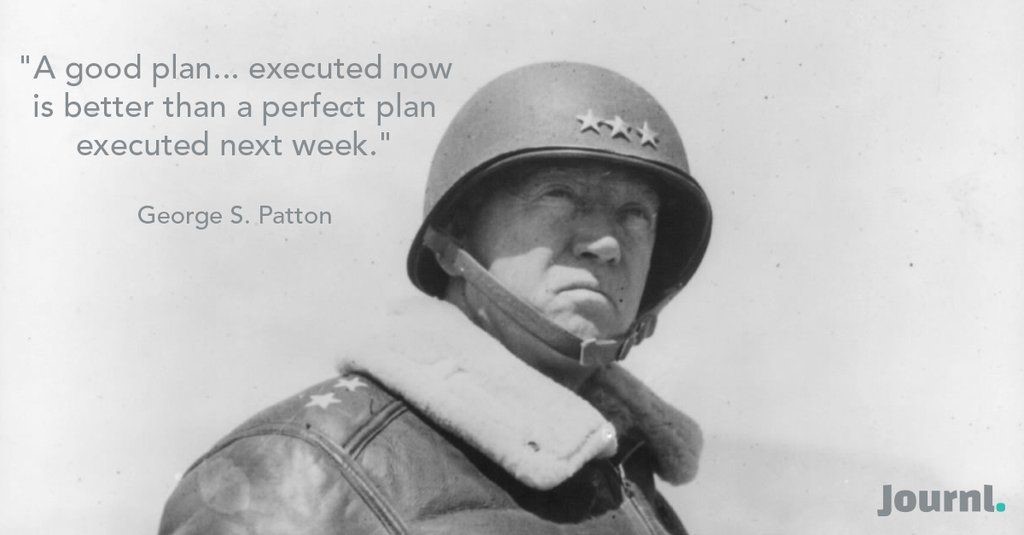
You heard the General, good is pretty much always better than perfect. And done is even better!
Basically, perfectionism kills productivity. Perfect can take far too much time to develop and is often unnecessary. Besides, your strive for perfection pretty much holds you and your projects back. You might now be saying: “What?? You mean I shouldn’t take 2 hours crafting the perfect article?? What a scandal! What if I make a mistake??”. Don’t get us wrong, we’re not encouraging mediocrity – the point is that you don’t have to make every little detail ideal. Make your product good enough for people to love it. You can always update it later.
To sum things up:
- Not everything yields equal results. Find the 20% that gets the 80% done.
- Review your work and pick up to five things that matter the most to you. If possible, ditch the rest, it’s all distractions.
- Better yet, pick that ONE thing that, when you nail it, will get you insane results in pretty much every other area.
And steer clear of perfectionism – it’s unnecessary, it kills productivity and deters you from finishing a project. Instead, go for something good that people will love. That will do. Besides, nobody is perfect. Right?
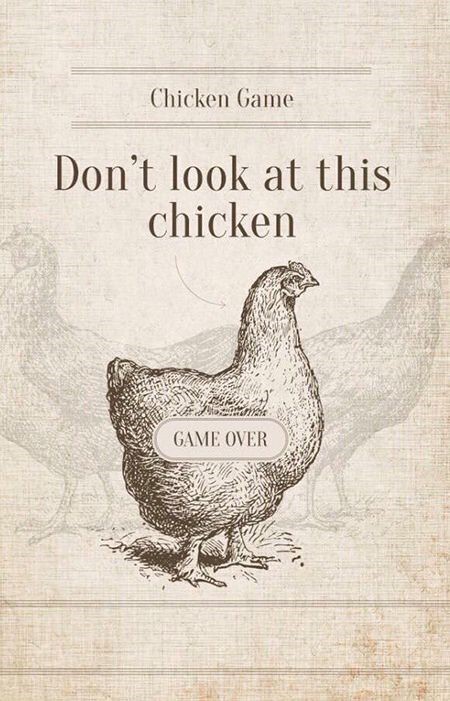
Have a fun, productive day now and stay tuned for more!